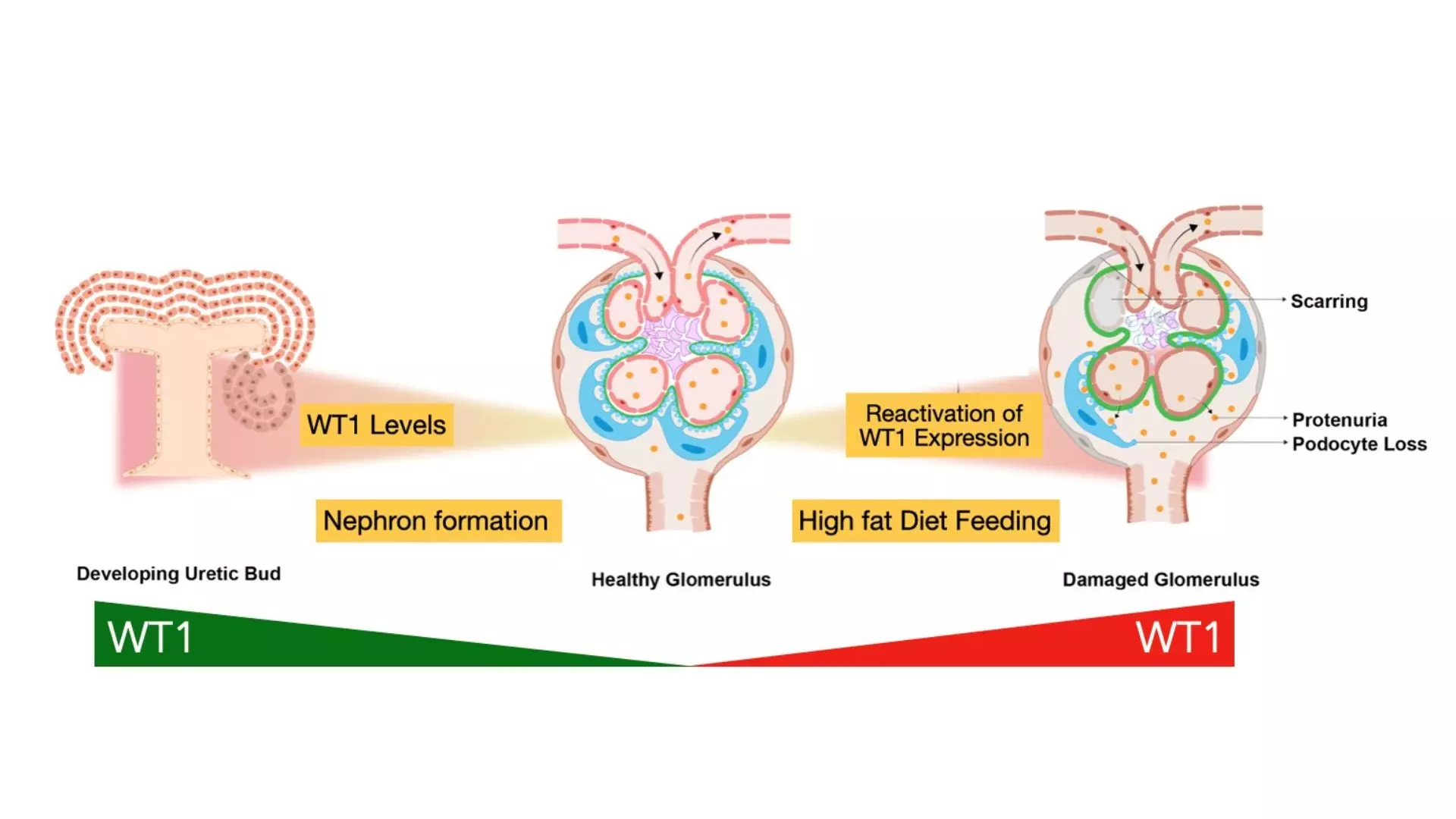Hyderabad Researchers Uncover Link Between Obesity and Kidney Disease
University of Hyderabad and National Institute of Nutrition scientists identify WT1 as key factor in obesity-induced kidney ailments, paving the way for potential treatments

Hyderabad: A team of researchers from the University of Hyderabad (UoH) and the National Institute of Nutrition (NIN) made significant strides in understanding the link between obesity and kidney disease.
Led by Dr Anil Kumar Pasupulati, associate professor in the Department of Biochemistry, School of Life Sciences at UoH, and Dr G. Bhanuprakash Reddy, scientist at NIN, the research delves into the pathobiology of obesity-induced kidney ailments, particularly focusing on proteinuria, UoH informed.
Obesity, a prevalent pandemic in the modern world, brings with it a slew of complications, including kidney injury marked by proteinuria.
Utilising the Wistar NIN-Obese rat model and a high-fat (40%) fed mice model, the researchers discovered severe proteinuria in both models of obesity.
Detailed investigations revealed that podocytes, crucial cells within the nephron—the functional unit of the kidney—were significantly injured and exhibited cellular distortions.
Dr G. Bhanuprakash Reddy and Dr Anil Kumar Pasupulati
A pivotal finding of the study was the up-regulation of the Wilms Tumour1 (WT1) transcription factor in the podocytes of obese rats and high-fat-fed mice. WT1, essential for kidney development during embryonic stages, is minimal in adults and confined to podocytes. However, the researchers observed reactivation of WT1 in the obese rodent models, coinciding with increased mobility of these otherwise static cells. This reactivation of the embryologically active transcription factor WT1 is believed to be the underlying cause of podocyte damage and proteinuria in these models.
Supporting their findings, big-data analysis from patients with chronic kidney disease also revealed elevated WT1 expression in podocytes and their precursors. This significant correlation underlines the potential impact of WT1 reactivation on kidney health in obese individuals.
Currently, research teams are intensively exploring methods to curtail WT1 expression in obese settings to prevent podocyte injury and control proteinuria. The researchers thanked lab members Sneha Jakotia (NIN) and Rajesh Kavvuri (UoH) for their significant contributions to the study. Funded by the Science and Engineering Research Board (SERB), India, the research has been published in the 'International Journal of Obesity'.

